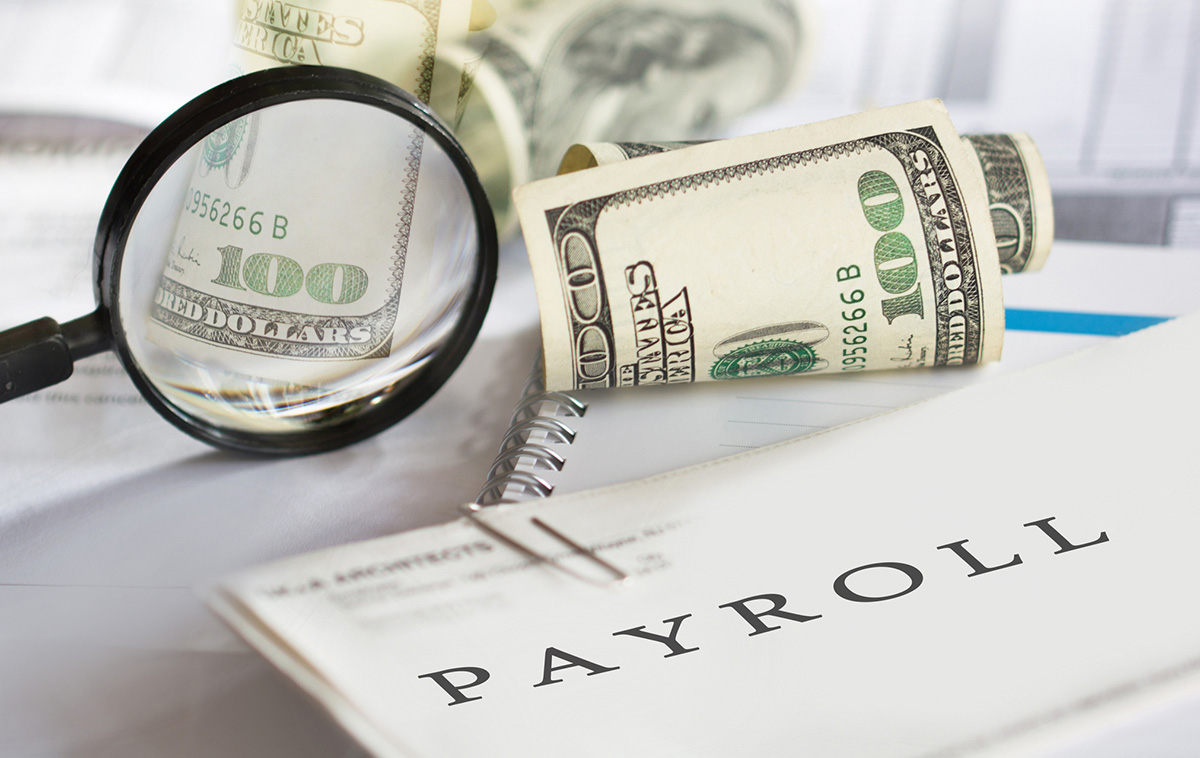A wage subsidy could put additional money from taxpayers into each low-wage paycheck, while encouraging employers to create jobs not eliminate them.
Debates about the minimum wage should emphasize the long-term effects, not the immediate impact on the quantity of jobs and hours worked. Yes, at the margin, employers may quickly make some cuts to offset their increased costs. But labor is only one cost among many.
For a business model with numerous sunk and otherwise fixed costs, scaling back operations is not necessarily the right response to an increase in the cost of labor — especially when competitors face the same challenge. Some price increases and some tolerance of lower margins often make more sense. So we should not be surprised that small minimum-wage hikes have not historically sent unemployment skyrocketing.
That doesn’t make such a policy wise. By definition, a minimum wage means companies won’t employ workers whose hourly productivity is valued below the legally established threshold for hourly compensation. How should this affect forward-looking firm investment decisions and the thus the evolution of the labor market?
One might wish that employers simply would continue to employ less-productive workers unprofitably. As suggested above, that may happen in the short run. But in the long run, new capital is unlikely to be invested in such activity, and those employment relationships should slowly disappear.
Still, optimistically and more plausibly, one might hope that an employer will make investments in both equipment and training to improve the productivity of those workers. In some cases that might happen — especially where the wage increase is small.
But where the hourly minimum goes from, say, $7.25 to $13 an hour, employers face an interesting question: is it easier to (a) raise an $7.25-per-hour employee’s productivity to one that makes sense for a $13-per-hour wage, (b) find someone already worth $13 per hour to take the job, or (c) make a capital investment that eliminates the job entirely?
The higher the minimum wage goes, the more likely that the choice will be either (b) or (c).
Over time, higher minimum wages cannot help but drive capital away from business models that rely on low-productivity workers, whether that means moving the work overseas, automating it, or implementing operations that utilize higher-productivity workers instead.
If society knew how to instill higher productivity in a worker, that could be good news. Unfortunately, our experience has been the opposite. Our education system struggles to prepare many young people for the job market. A proportion of those who enroll in higher education either fail to graduate or end up in a job that does not require their degree anyway. Government training programs perform poorly.
The American economy already faces a severe challenge in matching its least-skilled workers to productive employment. Every hike of the minimum wage, and every signal to the market that even bigger hikes are coming, ensures that mismatch will continue to grow worse — with all the associated economic and social challenges.
Some might wish those workers would just disappear, or that we could create different ones instead, but that is not how people work.
If, as raising the minimum wage suggests, we are truly committed to helping low-wage workers and their families, we need to ensure the economy creates more jobs for them, not fewer. Then we need to take responsibility as a society for raising their take-home pay.
A wage subsidy, for instance, could put additional money from taxpayers into each low-wage paycheck. To the worker, it would look a lot like a minimum-wage increase. But for the employer and the economy, it would encourage the creation of more such jobs instead of their elimination.
That may sound expensive, but it is no more costly to the economy than a minimum-wage increase. Either way, someone has to put the extra money into each paycheck.
Government should play that role by using money it already spends on less effective anti-poverty programs, not by ordering employers to do it themselves. We will only succeed if we treat those employers as part of the solution, not the problem.
This piece originally appeared in CFO Magazine
______________________
Oren Cass is a senior fellow at the Manhattan Institute. Follow him on Twitter here.
This piece originally appeared in CFO Magazine
